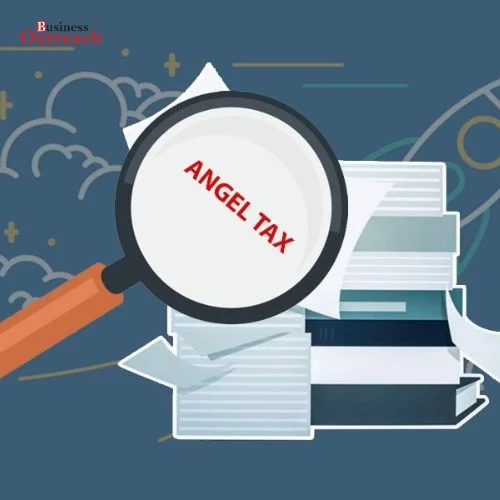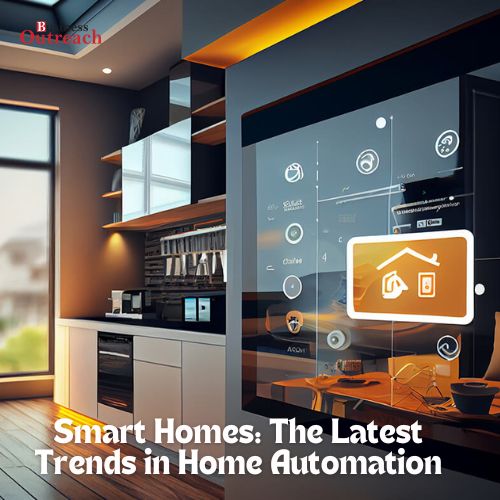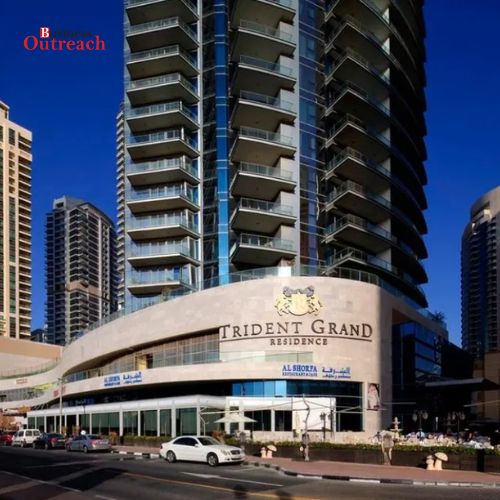New Delhi | Mumbai: Zomato’s 10-minute delivery plan is being reconsidered after the platform failed to meet the time target for all orders during its pilot in Gurgaon, according to multiple industry executives.
“A shortage of delivery fleet and an intense heatwave in the North, which has also resulted in a limited delivery workforce, are causing delivery delays of 15-20 minutes, as opposed to Zomato Instant’s 10-minute commitment,” said one of those cited above. “In addition, Instant does not yet have a separate delivery team.”
Zomato Instant shows an average delivery time of 15-20 minutes on the app. The company stated that the plan, which was launched in April, is proceeding as planned.
“The 10-minute delivery pilot in limited Gurgaon locations is on track.” “The pilot was designed to identify consumer demand for quick-commerce, and we were successful,” said a Zomato spokesperson. “The pilot’s future course is to deepen our penetration in Gurgaon before expanding to other cities and fine-tuning a model that works best for our restaurant and delivery partners.”
According to a source close to the company, Zomato Instant was set to launch services in Bengaluru this month, but the plan was scrapped. A senior executive at the company informed the individual that the Instant trial had been added to the ongoing Competition Commission of India (CCI) investigation into Zomato and its competitors. This is part of the antitrust watchdog’s investigation into platform neutrality and data masking among online food-delivery players.
“They were about to launch Zomato Instant in Bengaluru, but the CCI intervened and, aside from Gurgaon, they had to halt plans to expand it in other cities,” said the cited source.
The Gurgaon pilot is limited in scope, with brands like Chaayos, Dana Choga, and Caterspoint committing to 10-minute delivery. According to Zomato, the fast service entails mini ‘kitchen stations’ within neighbourhood clusters.
According to the people cited above, the purpose of Zomato Instant’s launch and emphasis on 10-minute delivery was to get the ball rolling on ultra-fast food delivery. According to these sources, the company may eventually settle for a longer time frame.
Several restaurant chains were opposed to the Instant plan.
“It has to be closer to 10-20 minutes of preparation and delivery per person… at the very least.” It is simply impossible to complete the entire process in 10 minutes. “It will settle down to a sustainable number in terms of cooking, payout to delivery boys, and probably charging a premium for ultra-fast delivery,” an executive predicted.
“Unlike grocery, which is pre-packaged, the dynamics of fresh food delivery are very different,” said the CEO of a large quick-service restaurant chain. “Both restaurants and consumers must accept the replication of quick commerce in fresh food.”
According to the people cited above, the purpose of Zomato Instant’s launch and emphasis on 10-minute delivery was to get the ball rolling on ultra-fast food delivery. According to these sources, the company may eventually settle for a longer time frame.
Several restaurant chains were opposed to the Instant plan.
“It has to be closer to 10-20 minutes of preparation and delivery per person… at the very least.” It is simply impossible to complete the entire process in 10 minutes. “It will settle down to a sustainable number in terms of cooking, payout to delivery boys, and probably charging a premium for ultra-fast delivery,” an executive predicted.
“Unlike grocery, which is pre-packaged, the dynamics of fresh food delivery are very different,” said the CEO of a large quick-service restaurant chain. “Both restaurants and consumers must accept the replication of quick commerce in fresh food.”
Another food industry executive stated that the company is optimistic about the ultra-fast offering and plans to gradually expand it.
Zomato Instant has faced challenges such as riders migrating to quick commerce grocery delivery startups and a delivery staff shortage. ET reported on May 11 that delivery timelines for Zomato, Swiggy, and Zepto, among others, were being pushed back as workers battled rising fuel prices and returned to pre-pandemic jobs, in addition to demand pressure from multiple ultra-fast delivery startups.
Following the backlash against Zomato Instant, restaurant partners are wary of delivering food within 10 minutes. “Customers will lose faith if they receive their food in 10 minutes.” “They have reservations about the product’s freshness,” said one of those approached to participate in the pilot.
Zomato charges an 18-25 percent commission per order for delivery, depending on the agreement it has with its restaurant partners on its marketplace. On April 22, ET reported that the company is looking into various commercial arrangements for Zomato Instant, such as purchasing a pre-determined quantity in bulk from restaurant partners and reselling it to consumers at a markup. According to a source, doing so will allow the aggregator to keep a larger portion of the commission.















